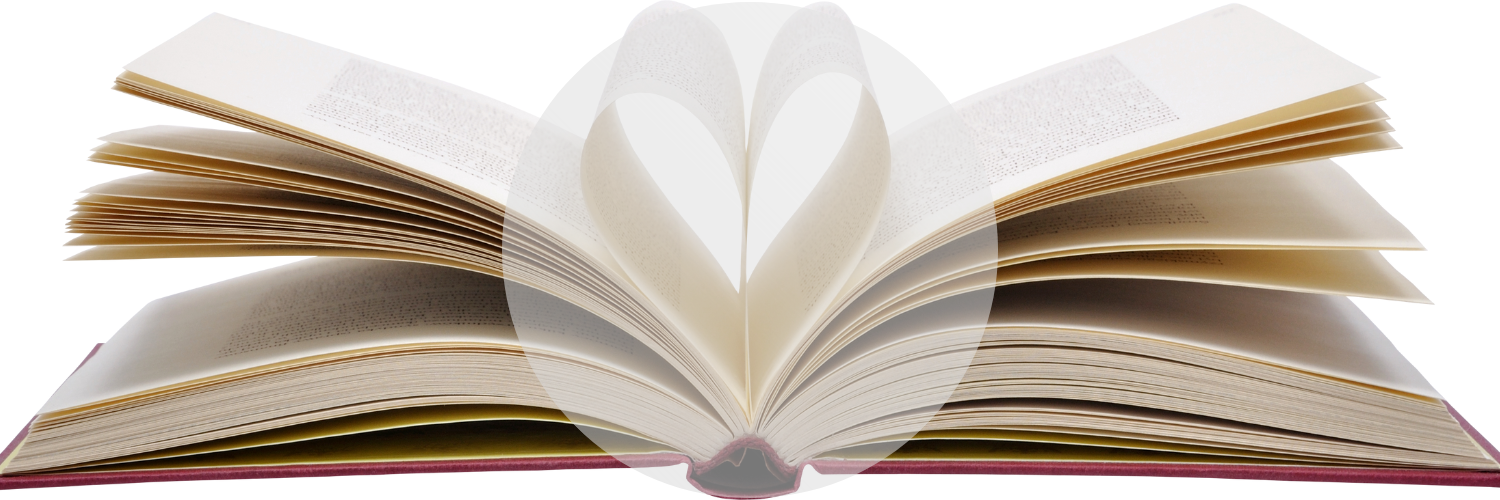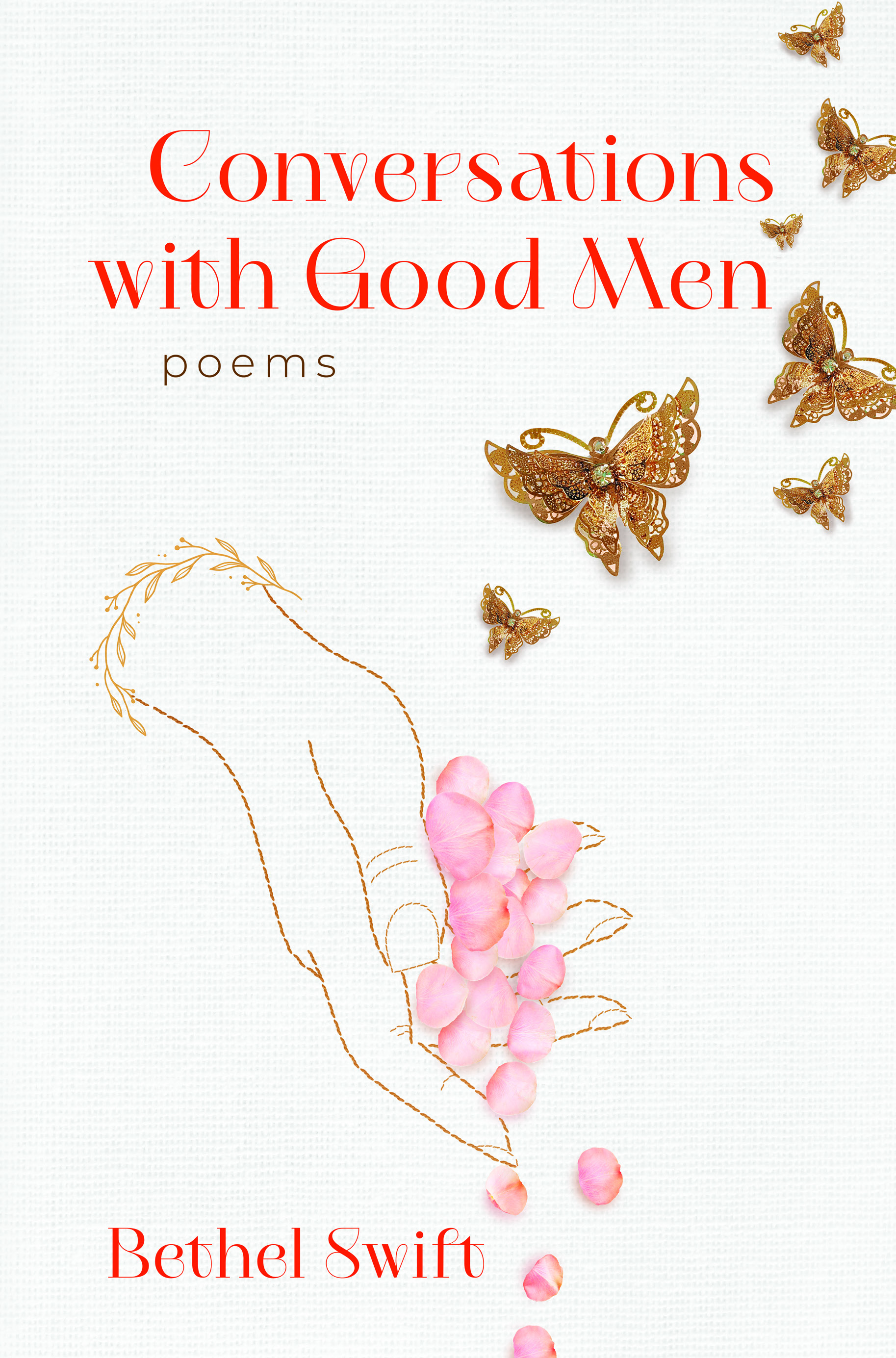Q&A: Grishma Shah
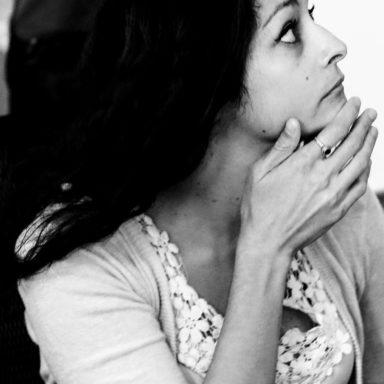 I am thrilled to be kicking off a new series of Artivism Q&As with texture artist and human rights activist, Grishma Shah!
I am thrilled to be kicking off a new series of Artivism Q&As with texture artist and human rights activist, Grishma Shah!Tell us about yourself: your art, your activism, and why activism is important to you as an artist. How do you bring it all together?
I am a self-taught Artist and have been one for a very long time. I think one of my first sketches [at age 6 or 7] was of an hourglass, and I remember being consumed with worry thinking the hourglass was not perfectly drawn on my paper. I kept asking my family, if "they" like it.
My parents, sister and I immigrated to the United States when I was about 5 or 6 years old. We went back [to India] every few years and I began noticing a culture of ingrained gender inequality when I visited. As time went by, I began seeing inequality among the South Asian community here in the United States as well. I saw that boys were allowed to be loud, playful, spontaneous, and to wear shorts. Girls, needed to be submissive, obedient, and "cultured". Everyday, I would ask my elders "Why can't I do what HE does?" The response would always be, "Because you are a girl." That answer did not give me solace then, nor does it now. Between then and now life happened. My sweet sixteen came with a diagnosis of a tumor and, before my 19th birthday, I became an amputee. I did not know the true definition of inequality until I became a South Asian woman with a disability.
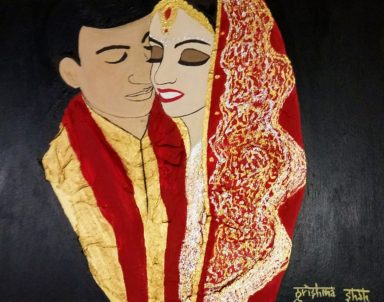
I believe art is a form of Activism. Wherever I go, my very visual disability is not too far behind. The not-so-soft whispers of South Asian women as they talk about my fake arm, and how I am not marriage-worthy, feels like a loud drum to the ear. They think the way society has conditioned them to. I have finally accepted that as my reality. This is where my art comes in. With each painting my hope is that it starts new dialogue, so the not-so-soft whispers sound more like, "That girl with the fake arm, she makes beautiful art."
It may be too early for people to see disability as a form of diversity, especially in the South Asian community. But, hopefully, the future children of tomorrow and their parents will know with certainty, disability is merely a branch of the diversity tree.
Who are some of your artistic influences?
I love ethnic art. It is easy to fall in love with art and the architecture that holds it, especially palaces. Each artwork has a story to share. I am also a big fan of Bob Ross.
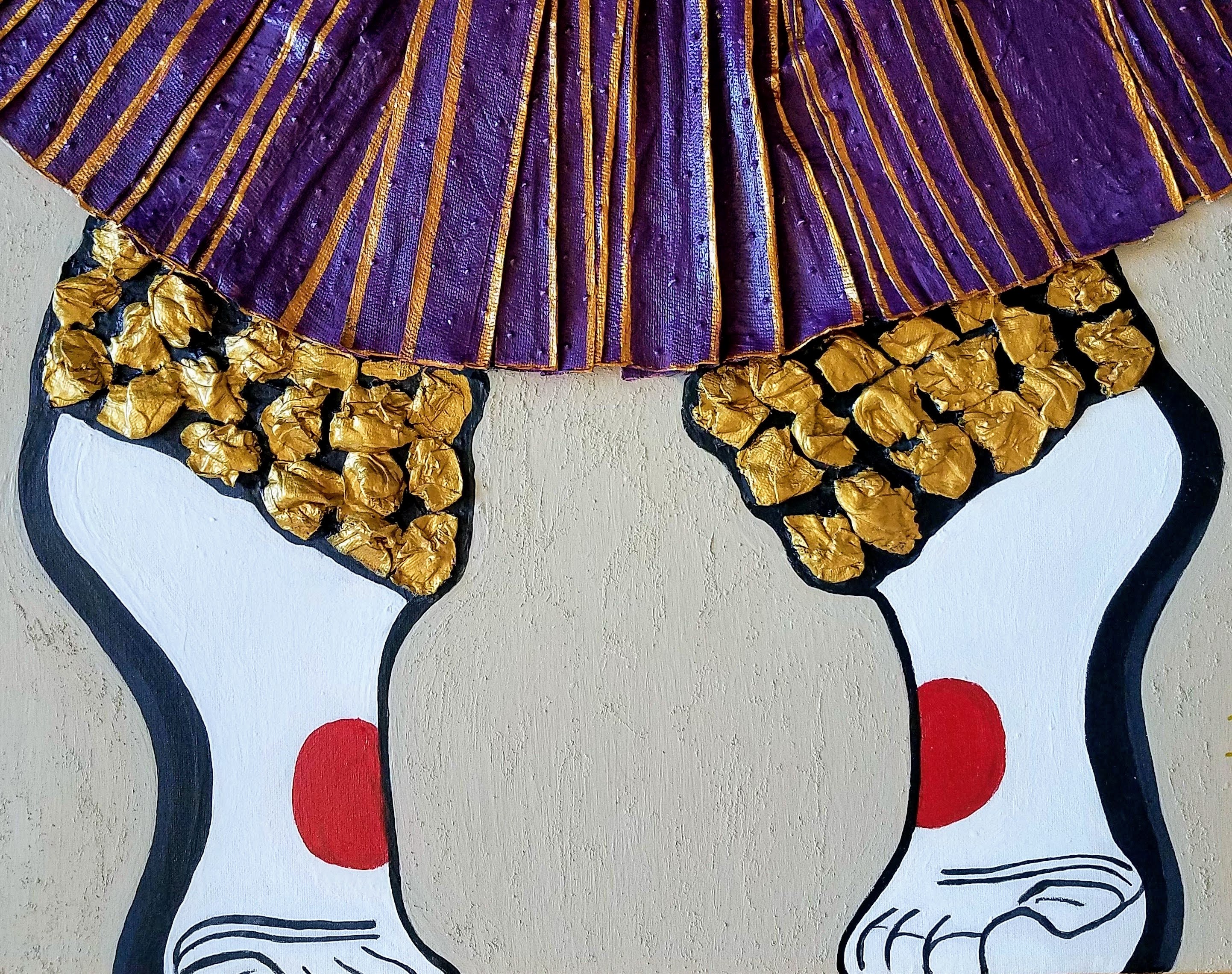
What was one of your proudest moments as an artivist?
I traveled to Uganda in 2014 as a visiting lecturer. My talks were regarding human rights. I started my talk on disability by challenging the Public Health & Midwifery students to a typing test. To my surprise a tall, strong, man stood up and accepted the challenge. Long story short, I won the typing test. It changed the way he looked at people with disabilities.
What do you find discouraging in relation to activism?
The perception we have around activism is what I find discouraging. If a woman is an Activist, she is always angry. If a man is an Activist, he is passionate. It is also not a popular career choice. Rarely, do we say we want our romantic partners to be Activists. Most people don't understand how much work it takes to be one. Artist Activists "work" on weekends and through all hours of the night, putting together proposals for funding, collaborating on projects, creating art, preparing for presentations, etc. Not all projects come with a paycheck and the risk of rejection from investors is ridiculously high, but Activists still dedicate their time to important causes.
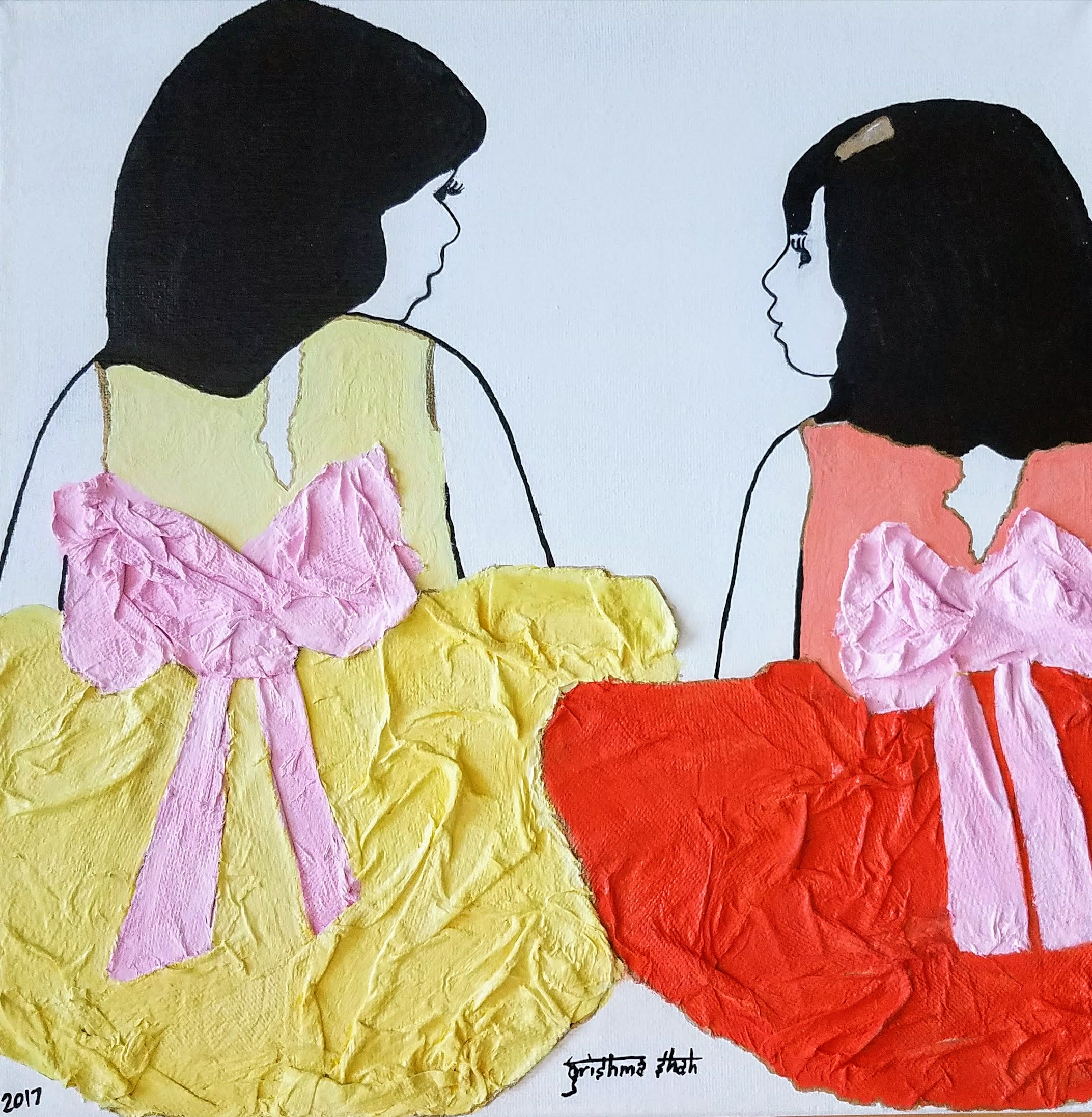
Who are some of the activists you admire?
Malala Yousafzai, Maya Angelou, the people that have dedicated their lives to fight against inequality.
Is there anything else you want to add?
Please support your Artist friends. Go to their exhibitions and their presentations. When they become successful, they will invite you to their parties! On a serious note, there is no greater feeling than when a friend commissions me for an artwork or purchases one of my existing pieces.
For more info on what art (and film!) projects Grishma has coming down the pipeline (including a possible art exhibition and presentation about unconscious bias at one of Chicago’s Public Libraries), follow her on Instagram @ahgrish.
